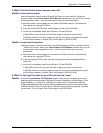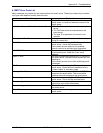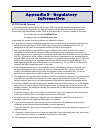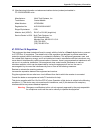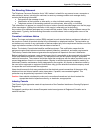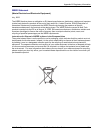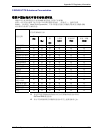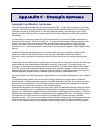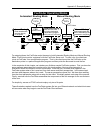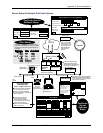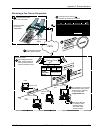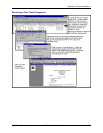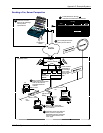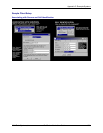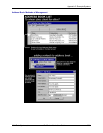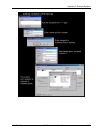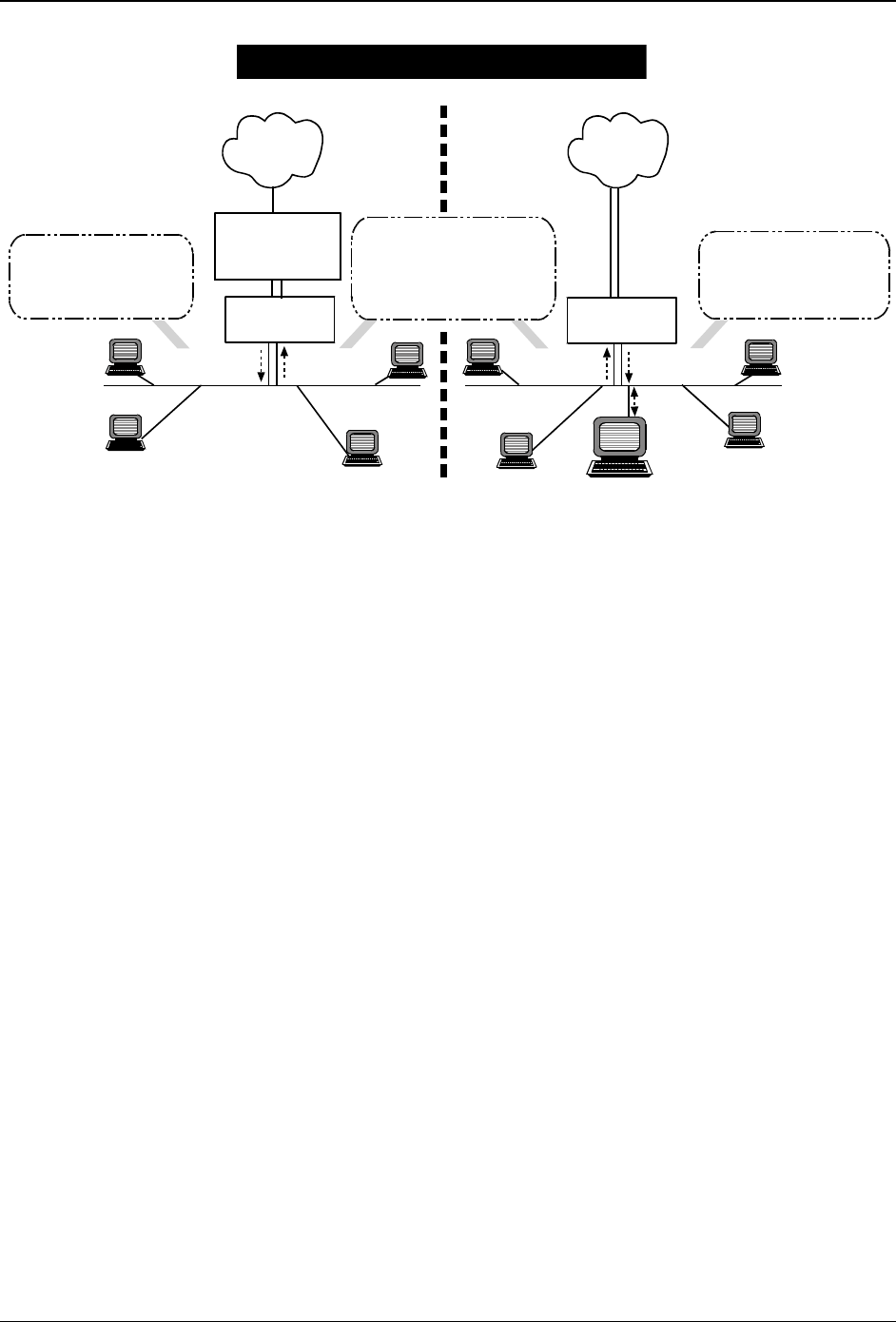
Appendix C: Example Systems
Multi-Tech Systems, Inc. FaxFinder Admin User Guide 194
For outgoing faxes, the FaxFinder works the same in both Automated Routing Mode and Manual Routing
Mode. Each client must be ‘registered’ with the FaxFinder Server unit. To send a fax, the client/user
‘prints to FaxFinder’ from an application program. That is, the client/user picks the FaxFinder as the
destination printer in a particular application program and then prints the document to send the fax.
In the remainder of this chapter, we introduce our fictitious sample FaxFinder systems. First, we show the
server software parameters that must be set for this simple system. Next we show two pairs of
illustrations about fax reception and fax transmission. In the first pair, we show what happens in the
FaxFinder system when a fax is received, from both server and client perspectives. In the second pair,
we show what happens when a fax is sent. The server perspective comes first. We then show sending
from the client perspective along with a setup for that client. We briefly explain each step of the process.
Finally, we show how the FaxFinder assembles the components of the fax message for the convenience
of the user.
For simplicity, we use an FF420 unit and employ only two of its ports.
These illustrations explain how the FaxFinder system fits into your Ethernet network and what client users
will encounter when they begin to use the FaxFinder Client software.
PBX
Station Ports
PSTN
PSTN
T1 Line
POTS Lines
Ethernet
LAN
Ethernet
LAN
FaxFinder
FaxFinder
. . .
. . .
Outbound Faxing:
Users set FaxFinder
as printing destination
in application program.
Then ‘print-to-FaxFinder.’
Outbound
Faxes
Outbound
Faxes
Automated Routing Mode Manual Routing Mode
Inbound
Faxes
Inbound
Faxes
Inbound Faxing:
Email attachments
are sent directly
to recipients.
Email attachments are
sent to Attendant(s) and
forwarded to recipients.
Inbound Faxing:
Attendant(s)
FaxFinder Operating Modes



